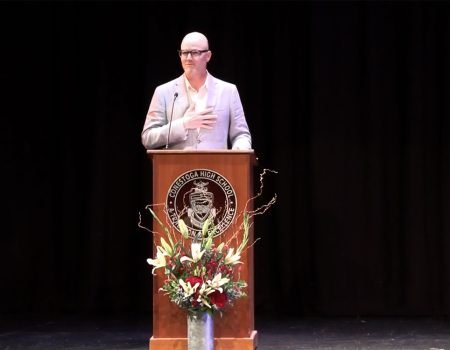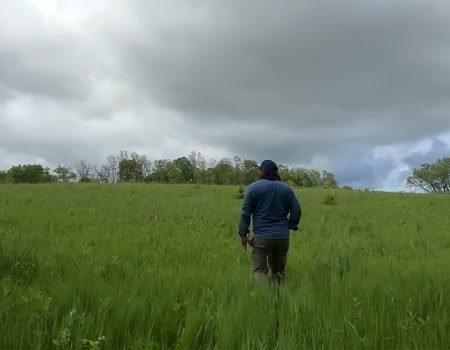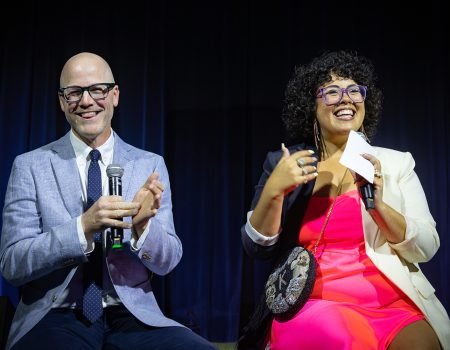Kirtan Smith: If Not For You
Abbi began pitching me yoga as a means to remedy my stress and marathon-worn body back in early aughts. I demurred; truth was, I thought I’d look clumsy and awkward. But my protesting grew tired, and I relented. Which is when I met Kirtan Smith in a dark yoga studio on Central Park South.
Yes, I looked clumsy. But not only did Kirtan make me feel welcome, soon, he enlisted me to play my guitar during shevasana. We even hung out after class to talk about deep and simple things like marriage and fatherhood.
Kirtan was born and raised in Hare Krishna ashrams across Southern California.
“It was, it was like living in a remote place in India, right in the middle of Los Angeles,” except, he says, “one block to the left or the right, the world was going on without us.”
Kirtan’s father left the family when he was very young, though remained a part of the Hare Krishna movement for some time.
“Everywhere I went, people were like, ‘How’s he doing? He’s awesome! He’s so cool!,'” Kirtan says. “And I’m like, ‘Well, all I know of him is what you’re telling me.’ I didn’t really have an experience of growing up with my dad.”
Kirtan assimilated into a more-traditional public school in seventh grade while living with his mother and brother in the shadow of Sequoia Forest National Park. He found a home on the football gridiron – but at the expense of his young body.
“We would go to the Minimart and get a big jug of soda and donuts after football practice,” he says. “I was doing things with my body in a very, very aggressive way.”
It was only after rugby injuries sidelined him during his sophomore at UCLA that he found his was to yoga.
“I had two separated shoulders, a pinched nerve in my neck, problematic knees,” he says. “and a girl told me about a yoga class she was doing.”
After graduation, Kirtan traveled the world, from India to Greece to Brazil, chasing adventure and inner peace. He eventually landed in New York City. As an in-demand yoga instructor, Kirtan says he wrestled with the demands of making rent.
“When you’ve got bills, you can’t be a renunciate,” he says. “You can’t live in a Himalaya cave and go into Manhattan and teach yoga. You have to figure out a way to reconcile that and still be happy.”
Now back in his native California with his wife, son and daughter, Kirtan manifests a more complete inner peace, focused on creating the safe, stable environment that he lacked.
“I find myself with my daughter or my son constantly and intuitively saying, ‘You’re safe with me. You’re safe with me. It’s okay.’”
“Breaking the cycle and being better dads,” he says, is about “making them feel safe.”



